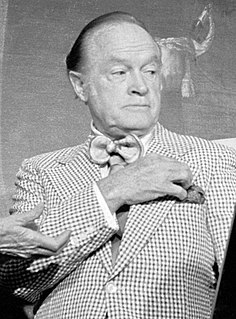A Quote by Kelly Evans
There are two ways to approach the market. You can guess which direction prices will go in next, or you can figure out what businesses and their securities are really worth.
Related Quotes
In a narrow market, when prices are not getting anywhere to speak of but move within a narrow range, there is no sense in trying to anticipate what the next big movement is going to be. The thing to do is to watch the market, read the tape to determine the limits of the get nowhere prices, and make up your mind that you will not take an interest until the prices breaks through the limit in either direction.
Though the two issues may seem utterly unrelated, they do have this in common - both health care and higher education are realms of American life in which government has undermined the operation of market forces and caused artificially high prices. These are two arenas in which the Democrats now propose to do exactly the wrong thing. Their reform reinforces old errors and will infinitely compound the problem of rising prices.
The next film I have is called Miles Ahead, which is about Miles Davis, during a five-year period in his life during which he's struggling to figure out which direction to go musically and in his life. I play a record executive who's there to try to get Miles to collaborate with one of my clients. I'm excited to see that.
Basically my point of view on unicorns is that private companies which have sky high valuations, it doesn't really mean anything in the real world until it's marked to market. And there's only two ways things get marked to market in venture capital: Either a company is acquired by another company for cash or marketable security, or it goes public, and then it has reporting requirements and then the market will determine the value.
The most realistic distinction between the investor and the speculator is found in their attitude toward stock-market movements. The speculator's primary interest lies in anticipating and profiting from market fluctuations. The investor's primary interest lies in acquiring and holding suitable securities at suitable prices. Market movements are important to him in a practical sense, because they alternately create low price levels at which he would be wise to buy and high price levels at which he certainly should refrain from buying and probably would be wise to sell.

































